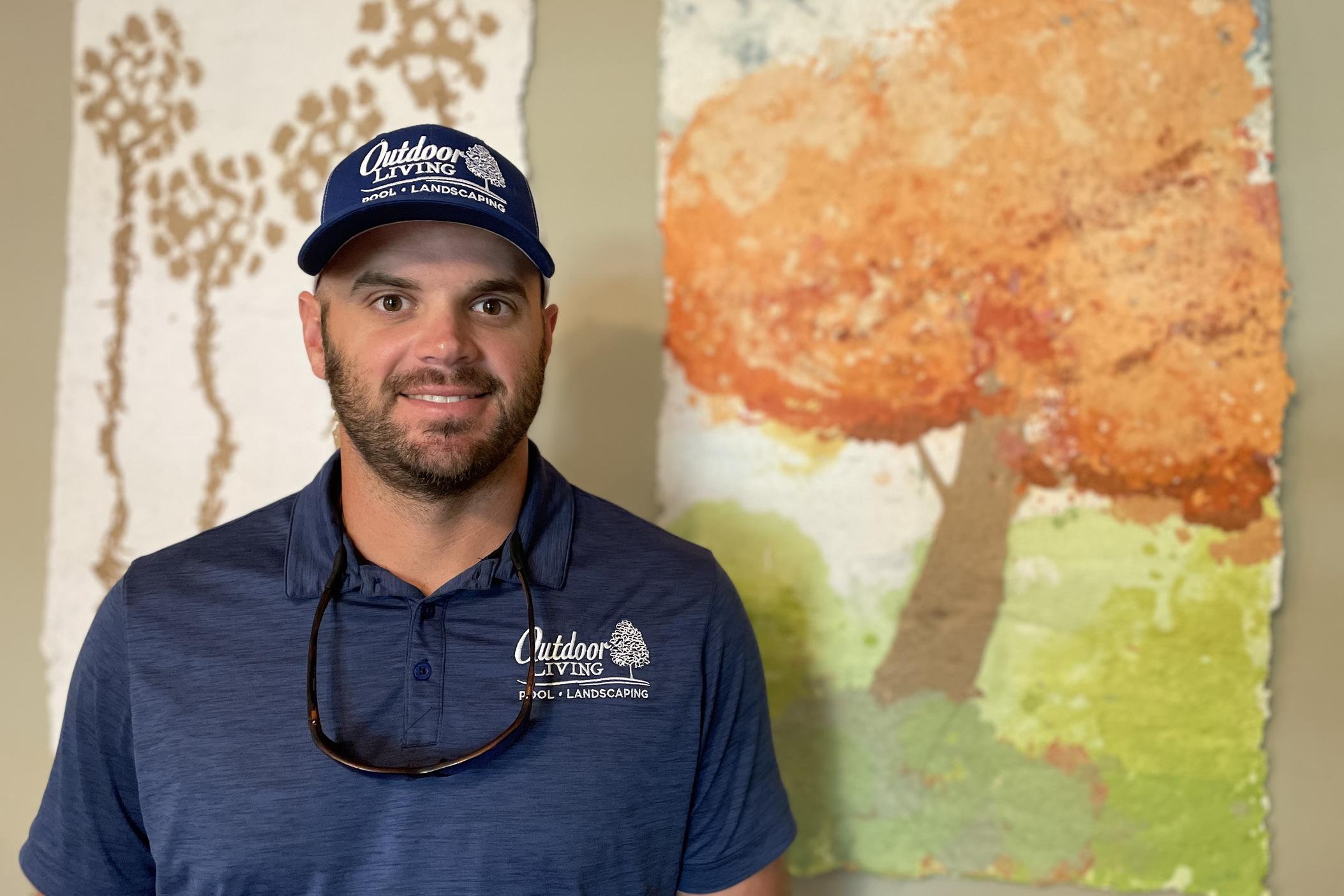It’s the most important part of addiction recovery — and often the most difficult to access

Georgia Public Broadcasting (GPB), August 4, 2022, by Ellen Eldridge: Residents in rural South Georgia are adamantly fighting a zoning request — a faith-based nonprofit called Redeemed Living wants to build cabins for men in addiction recovery on 23 acres of local farmland. But the neighbors don’t want them living next door.
The goal, according to Redeemed Living, is to build a sober living community where a group of men will share space and help keep each other accountable as they rebuild their lives from addiction.
Randy Nichols, 56, spent 25 years in and out of drug rehabs before he finally made the commitment to “get clean.” He is now the executive director of Redeemed Living.
“When I came to Redeemed, I really didn’t have a place to go that was safe for me to build my life back up, save my money, get remarried and start to live again,” Nichols said. “On top of that, my son gets to come live with me, which is something I had given up on.”
The value of recovery and recovery-oriented systems of care is widely accepted by states, communities, health care providers, peers, families, researchers and advocates including the U.S. Surgeon General and the National Academy of Medicine.
But recovery from drug and alcohol addiction is tough.
Part of the reason people fighting the disease of addiction relapse, end up in the correctional justice system, or die is that they need a comprehensive recovery plan that is difficult to access without money.
Read more from Georgia Public Broadcasting (GPB) here.




